The Power of Words Blog Post
This day stands as a rebuke to all who doubt the power of words. And on this defining day, I was struck again by the power of words spoken to inspire, transform, evoke, and celebrate. …
This day stands as a rebuke to all who doubt the power of words. And on this defining day, I was struck again by the power of words spoken to inspire, transform, evoke, and celebrate. …

Earlier this summer, I had the honor of offering the closing keynote address of the 2019 Association of University Presses annual conference held in Detroit. The address was entitled The Transformative Power of Publishing, and…
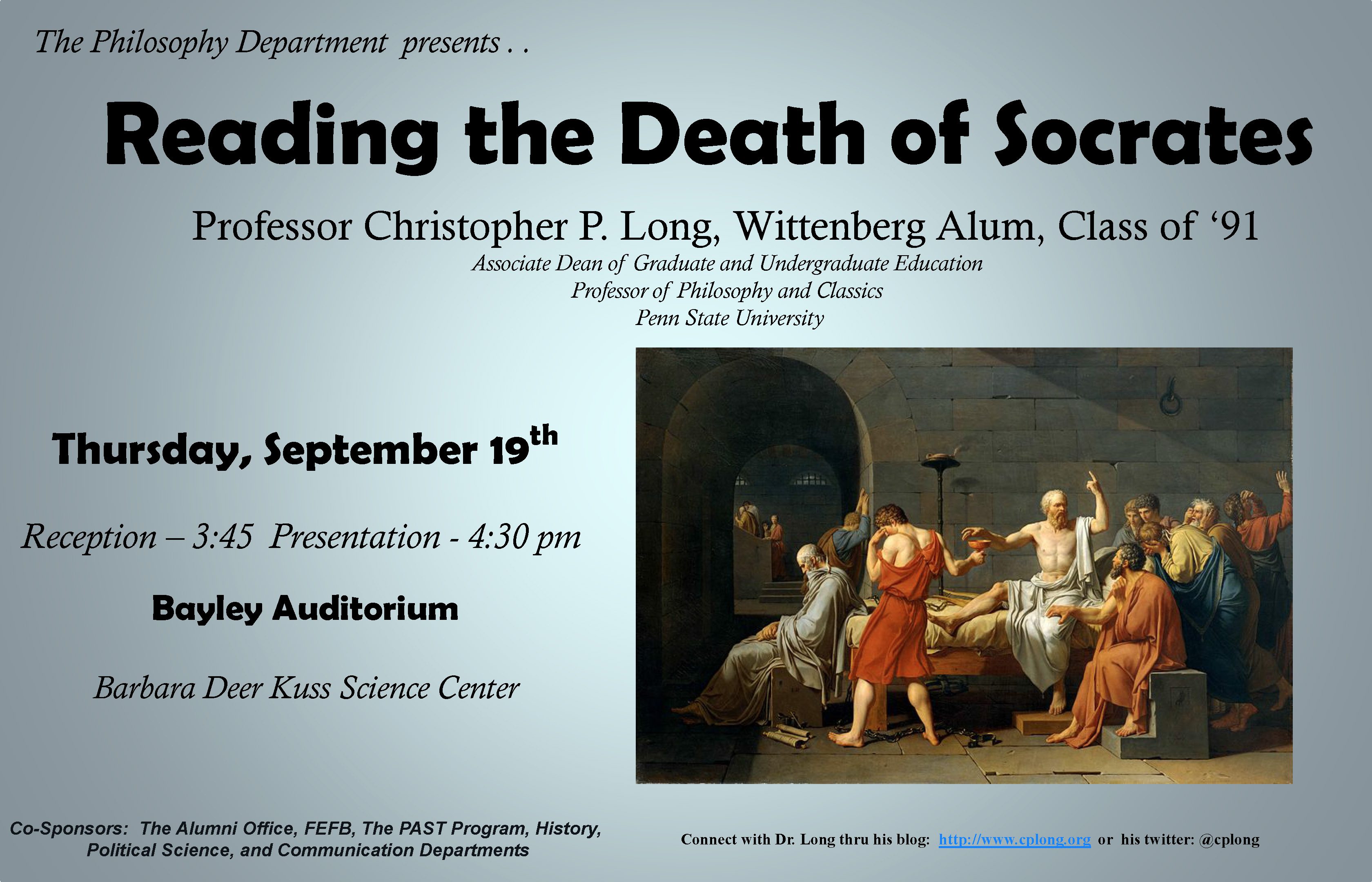
Returning to Wittenberg for the first time since graduating in 1991, I gave an interactive, live-tweeted, lecture on Reading the Death of Socrates. The paper argues that the Phaedo is Plato’s most eloquent political dialogue, and it seeks not only to argue that both Socratic and Platonic politics recognized the transformative power of words, but also to use social media to experience the way words can enrich, or impoverish, community.
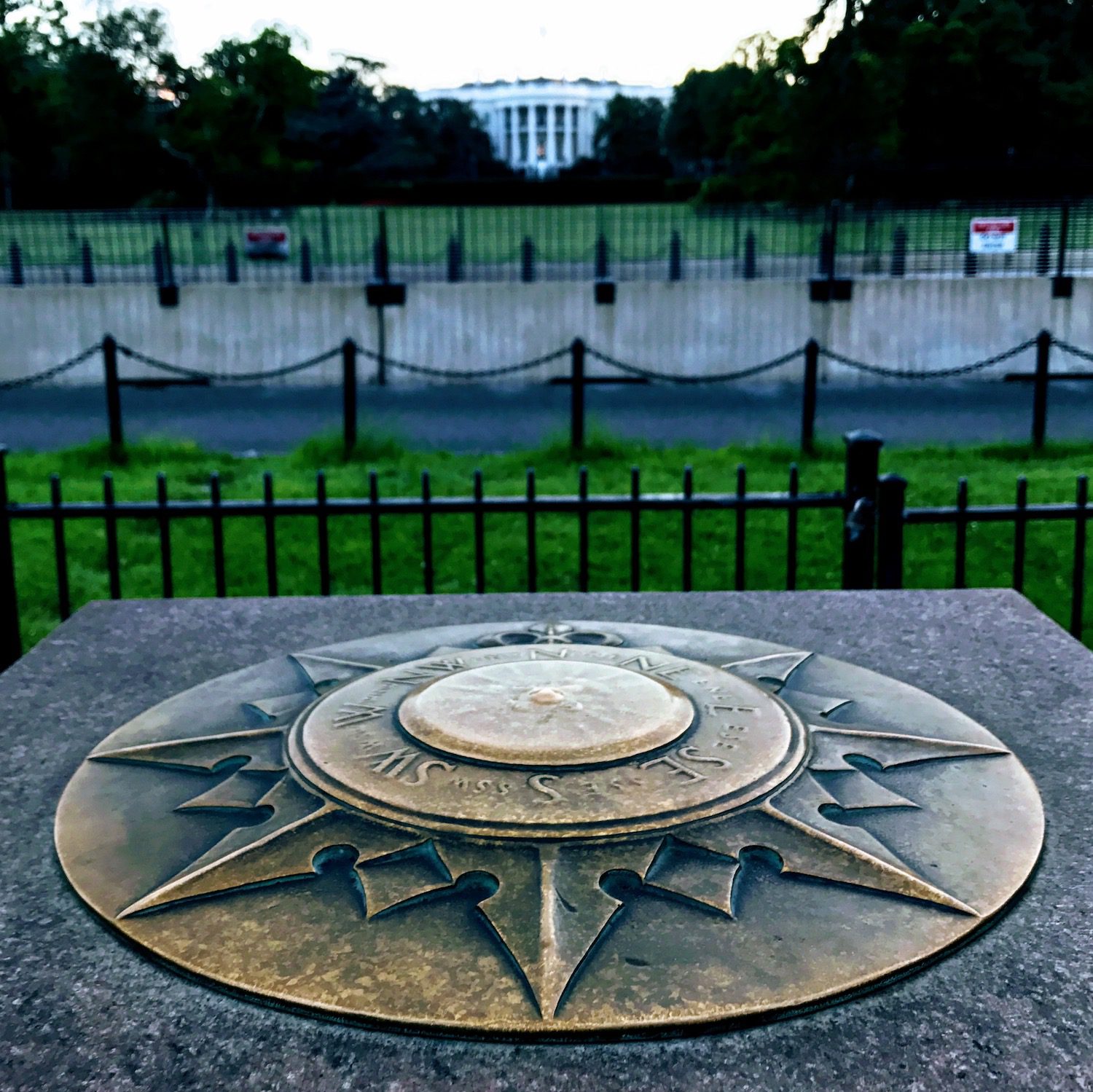
Below is a message I sent to my colleagues in the College of Arts & Letters at Michigan State University in the wake of the first turbulent days of 2021. Dear College of Arts &…

I have been owning up to this affliction in each of the introductory department meetings I have had with faculty across the College during my first semester as Dean.
Of course, the more cynical among you will see such a confession as yet another mode of administrative manipulation. How can a Dean, so often the source of cynicism, fairly claim to be allergic?
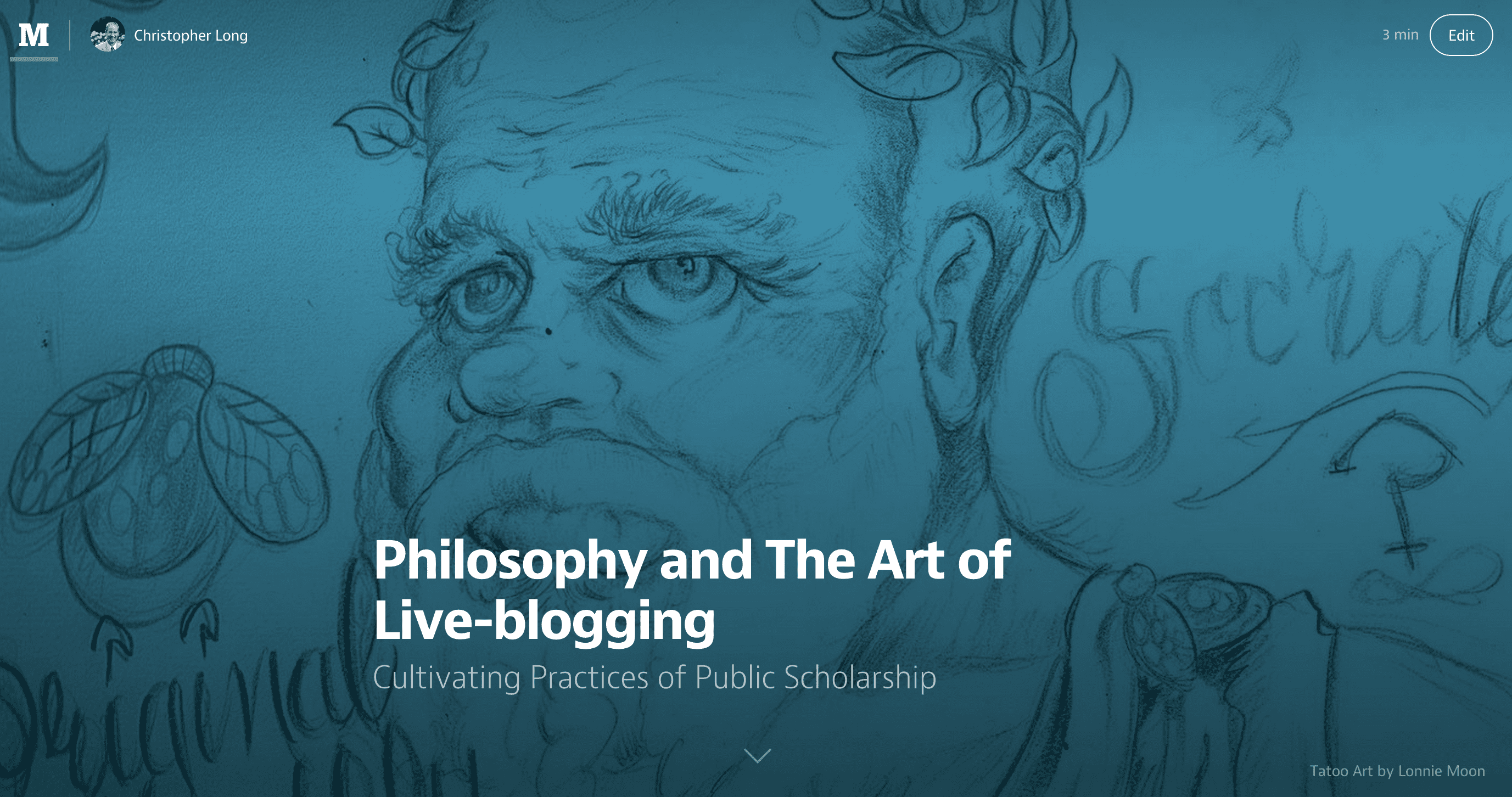
As a discipline, philosophy is struggling to come to terms with the public affordances of social media. This is a bit surprising given that Socrates himself never shied away from publicly engaging those he encountered in philosophical discussion.
But that was a long time ago, and philosophy has long since established itself as a profession.
The forces of professionalization seem to recoil as audiences dare to publicly share through social media ideas heard at academic conferences and scholarly presentations.
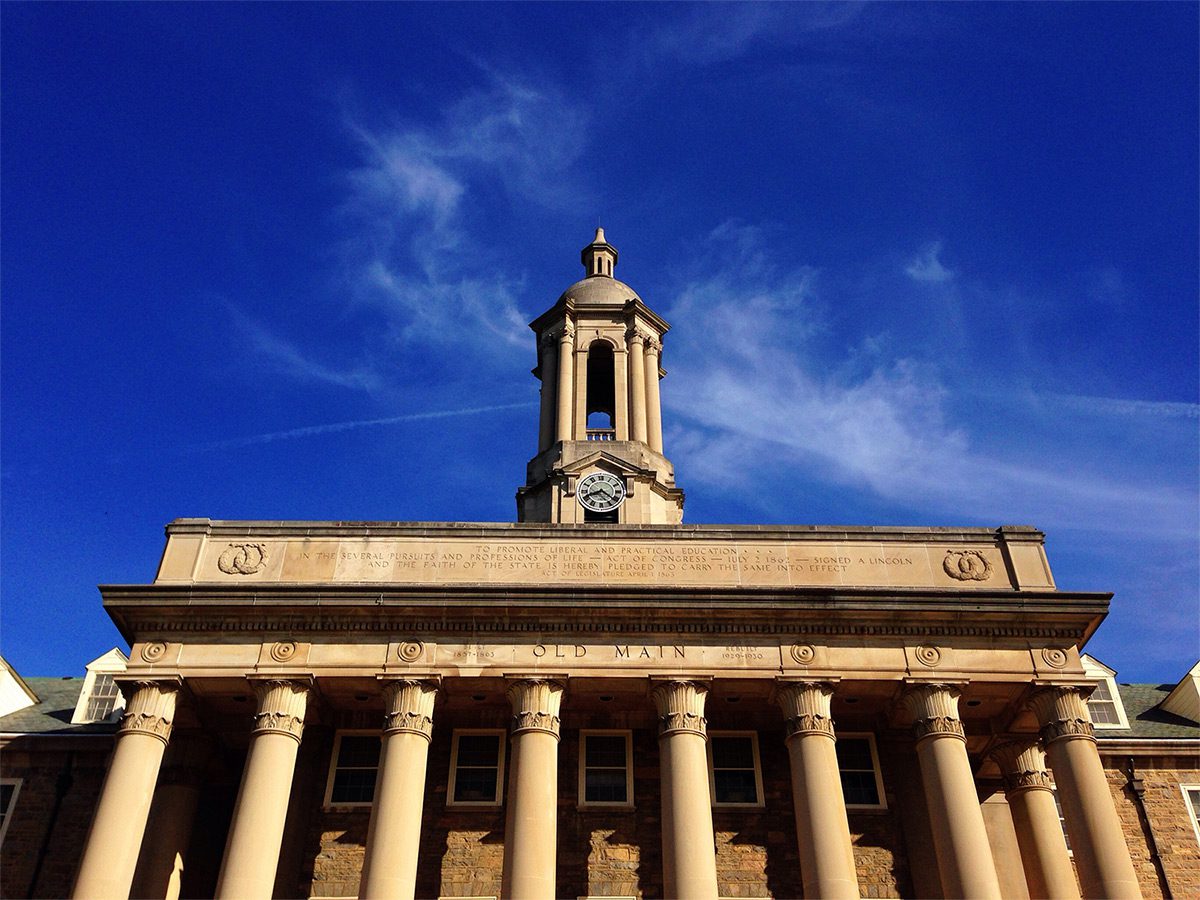
Dear Liberal Arts Student Colleagues: As we process the events of the past week, it is difficult to grapple with what we and others are thinking and feeling. Each of us responds to these events…
Something more than “mere words” is at stake when the President of the United States, Barack Obama, goes to Cairo, Egypt and makes a speech offering a new beginning to the relationship between the United…

To reweave ourselves into community, reconnect ourselves with our purpose, and realign university values with institutional practice, we need to create structures and cultivate habits that reinforce the work that gives our personal and institutional lives meaning.
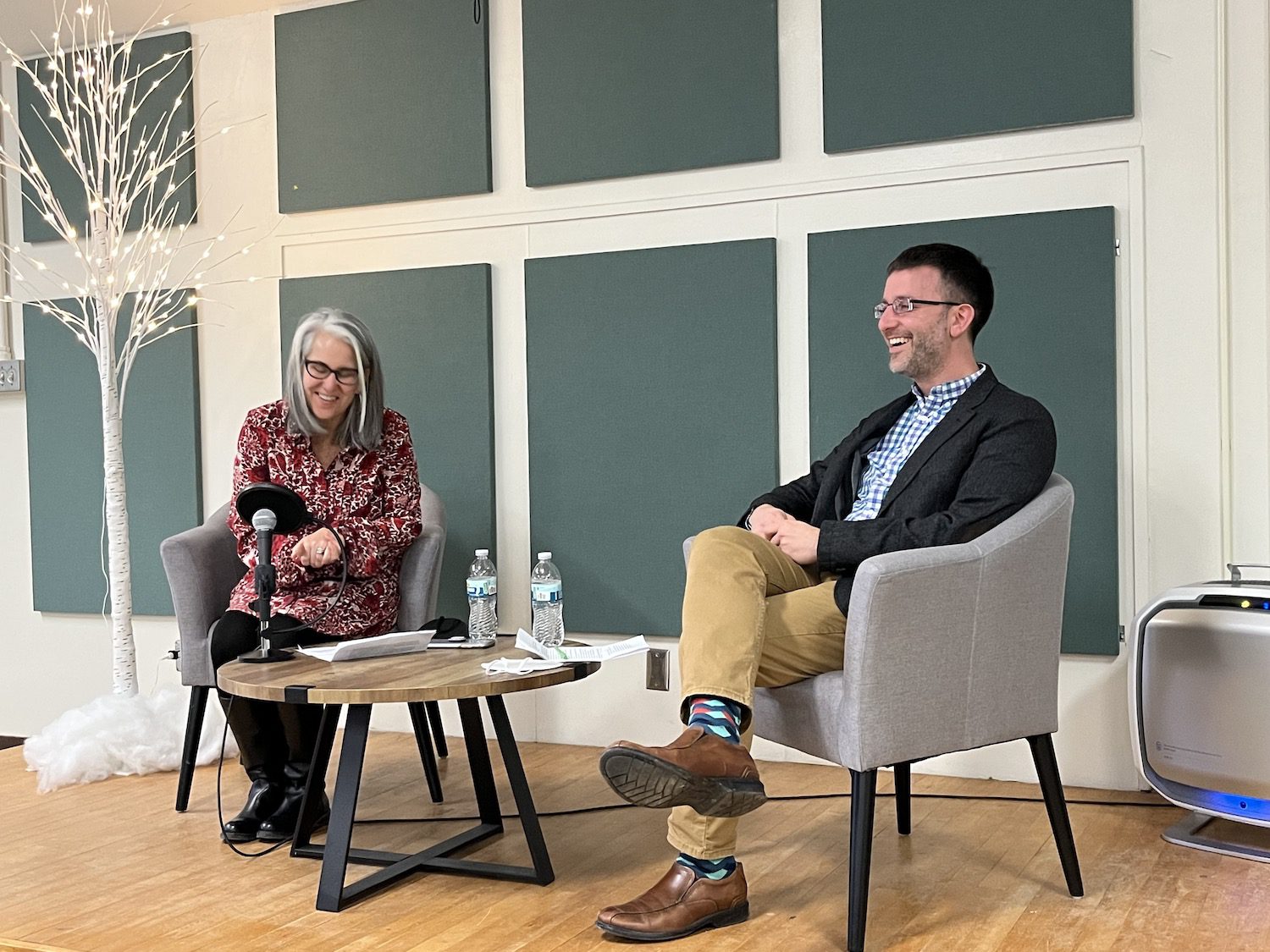
This question, What does religion sound like?, inspired the creation of a remarkable collaborative project on Religious Sounds between Amy Derogatis of Michigan State University and Isaac Weiner at The Ohio State University. Yesterday, I…
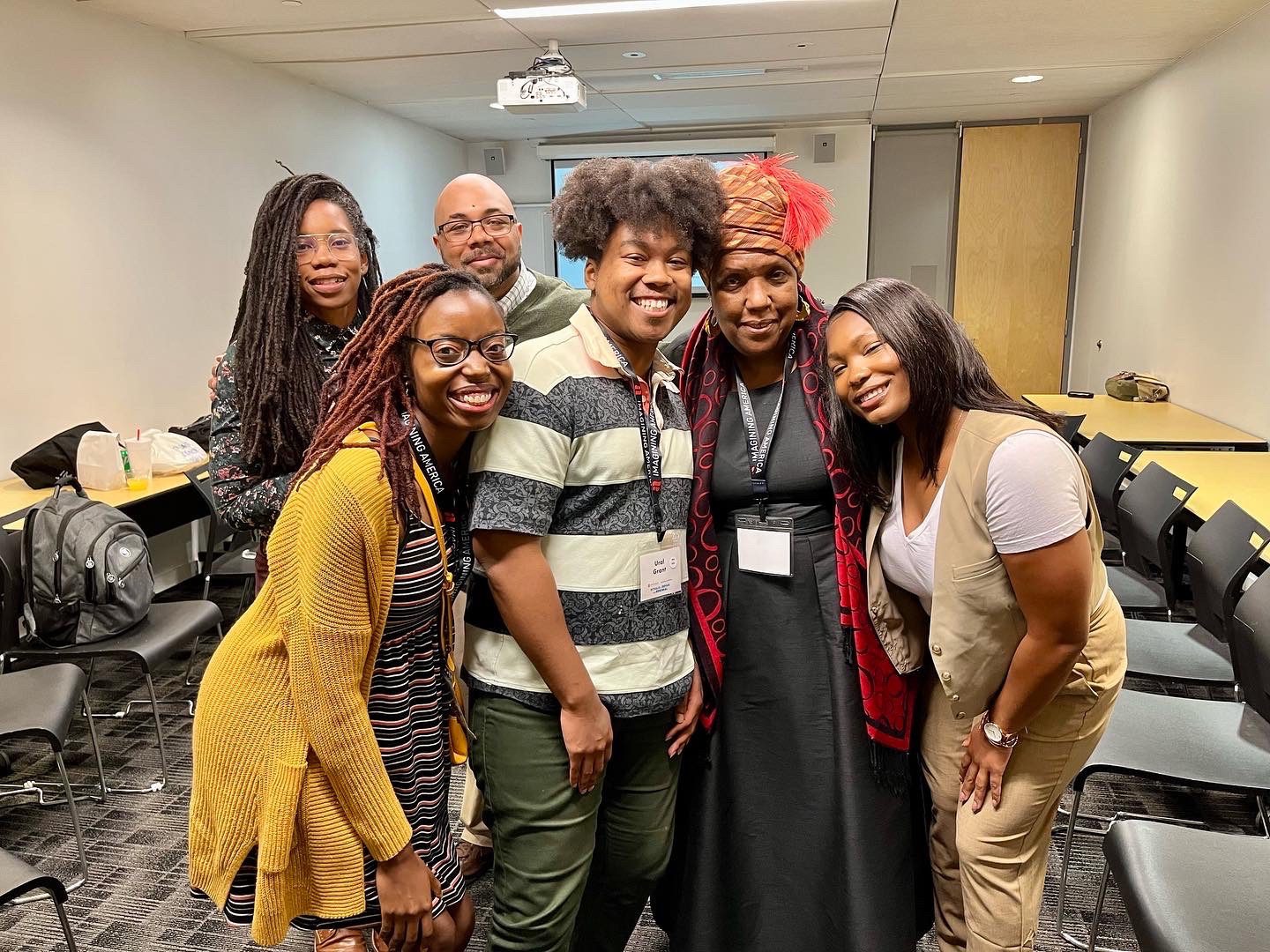
There are times when your life seems to be telling you a story. When this happens, it is wise to listen. In October 2022, my life began to speak the language of Ubuntu, the powerful…

The themes of the 2022 Honors Leadership Conference were: Building Community, Being a Scholar, and Presenting Yourself. In my opening remarks to our first-year honors students, I focused on values-enacted leadership and the importance of…
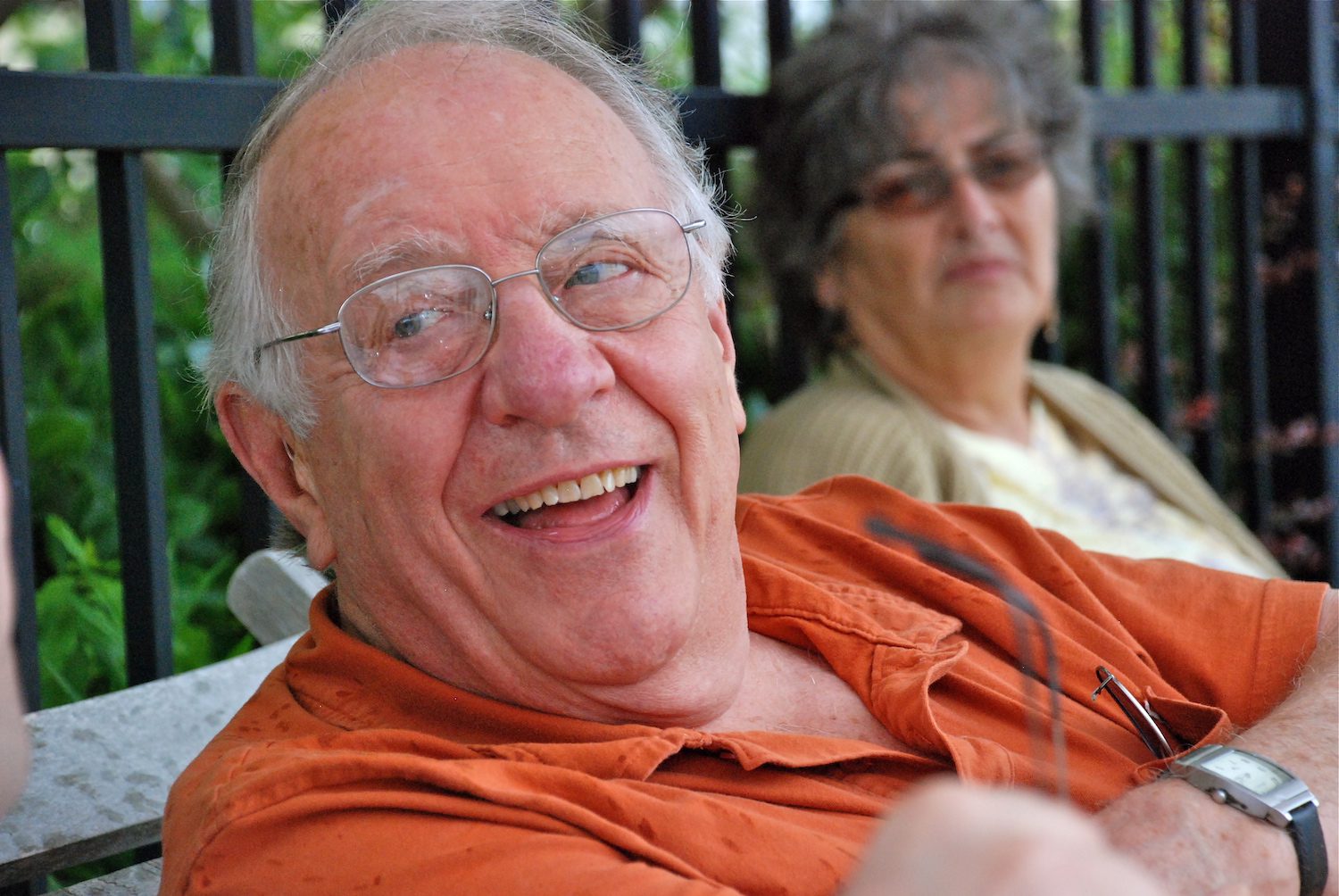
On September 12, 2021, we remembered the life and legacy of Ted Loder, my stepfather, and long-time Senior Minister at First United Methodist Church of Germantown. In collaboration with my step-siblings, we created the montage of slides presented here. The text of the remarks I made at the Memorial Service are below.

Six years have past since I wrote A Few Notes on Productivity, a post that outlined my approach to productivity in academic and administrative life. More than 11 years have somehow passed since I wrote…

As this disquieting semester comes to a close, it’s appropriate to pause for a moment to reflect on the distance we have traveled and the path that lies ahead.

One year ago today, Rachael Denhollander addressed the Ingham County court in Michigan, her abuser, and the institutions that failed to protect her and her #SisterSurvivors. Listen again to part of what she said on…

It has been difficult to write for the public in the months since posting the Open Letter to the College of Arts & Letters in the wake of the survivor impact statements that are transforming…

Late last month, the faculty on the College Advisory Council (CAC) gave me a writing assignment. In preparation for our Fall 2017 faculty meeting on November 17, they asked me to take a step back from the updates on priorities, imperatives, and initiatives that have occupied our more recent faculty meetings, to articulate a broader vision of the College of Arts & Letters in the 21st century mission of Michigan State University.
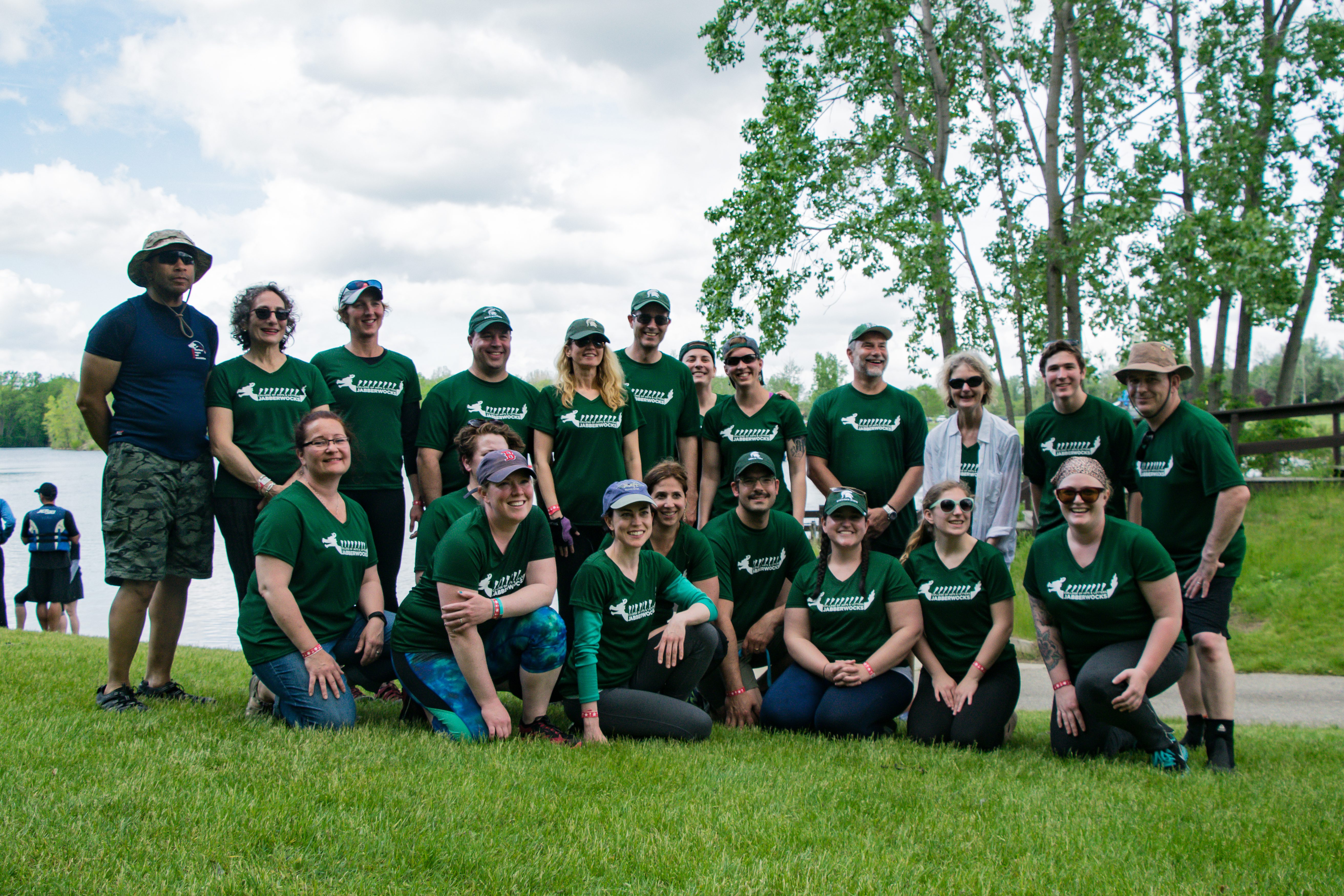
Lessons from the Dragon Boat None of us knew quite what to expect on Saturday as we gathered at Hawk Island for our one-hour training session for the Capital City Dragon Boat Race to support the…
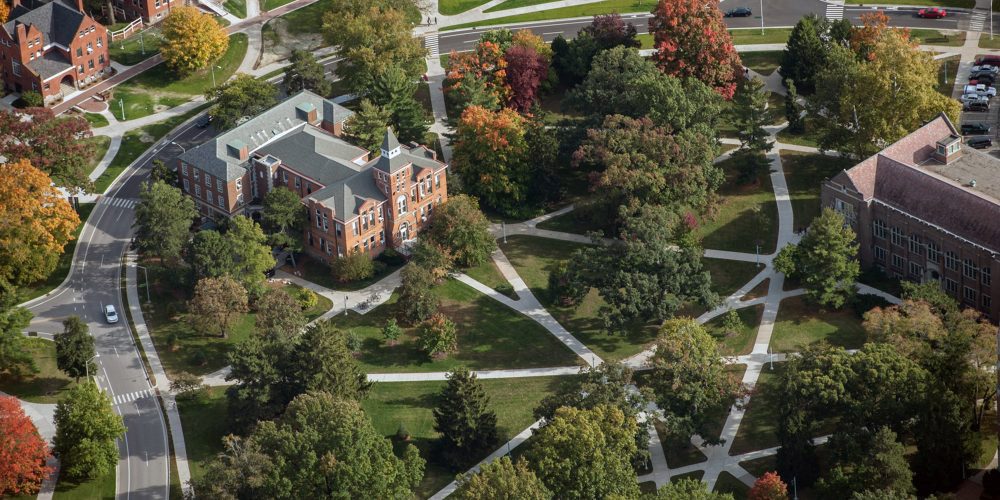
As a junior faculty member, I attended every possible workshop on tenure and promotion I could find. Inevitably, however, as the shared wisdom of those who had successfully been tenured and promoted washed over me,…

Dear Students, Faculty, and Staff in the College of Arts & Letters: Many of you have written to express your concern about the executive order signed by the President of the United States on January…

This is the text of the response I made to Emanuela Bianchi, The Feminine Symptom: Aleatory Matter in the Aristotelian Cosmos, (New York: Fordham University Press, 2014) at the 2016 meeting of the Society for…

This post on Medium initiates an experiment in public writing designed to facilitate transparency and refine my thinking in relation to issues I face in my role as Dean of the College of Arts and…

In the winter of 1988, during my freshman year at Wittenberg University, I took Professor Warren Copeland’s Introduction to Ethics: Racism course. This course and its sister, Advanced Ethics: Racism, which I took the following winter, were two of the most transformative courses of my liberal arts education.
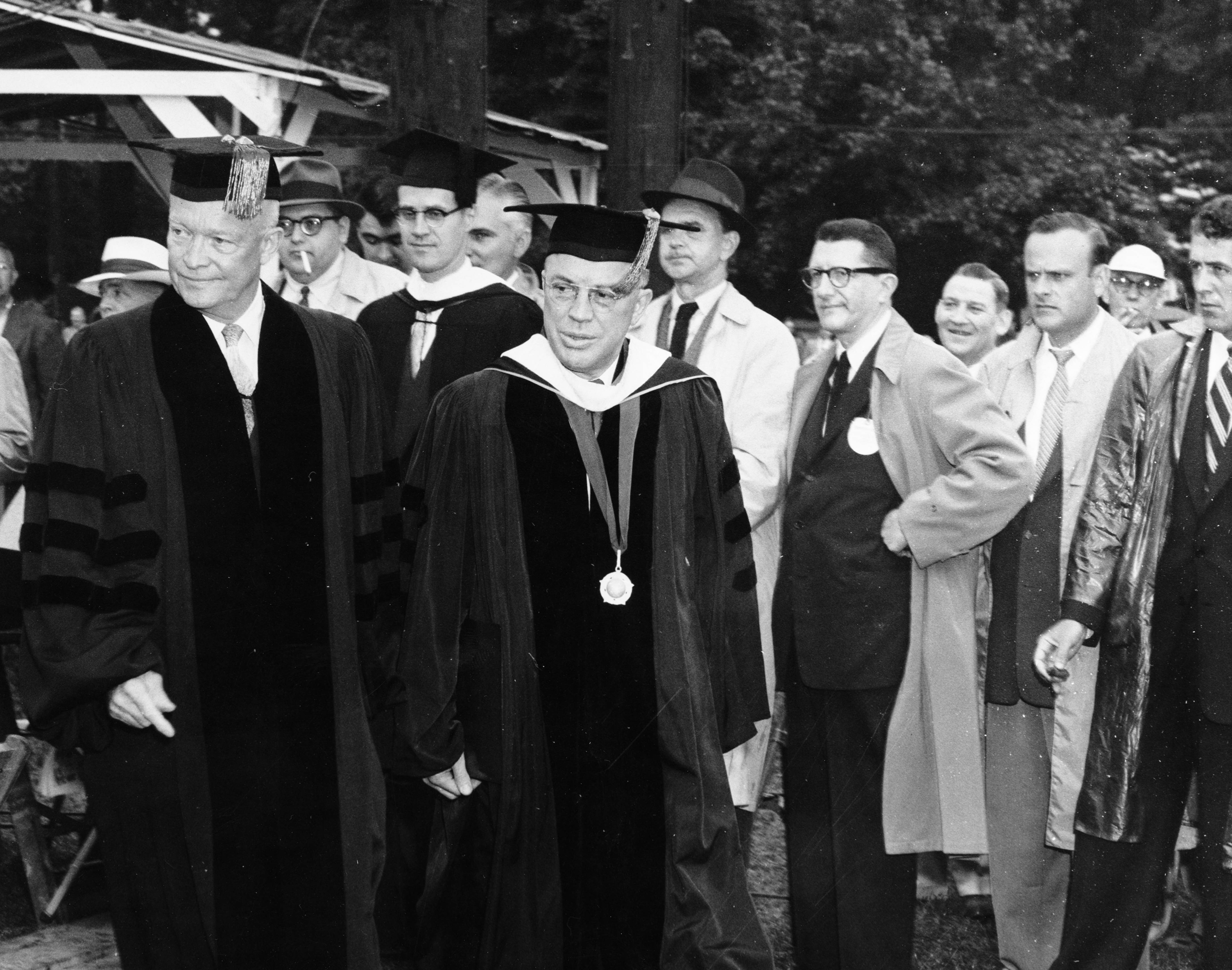
Fifty-nine years ago today, on June 9, 1955, President Dwight Eisenhower addressed the centennial graduating class of Penn State, where his brother, Milton, was president of the university. Two things were on the President’s mind that afternoon, nuclear energy and general education.
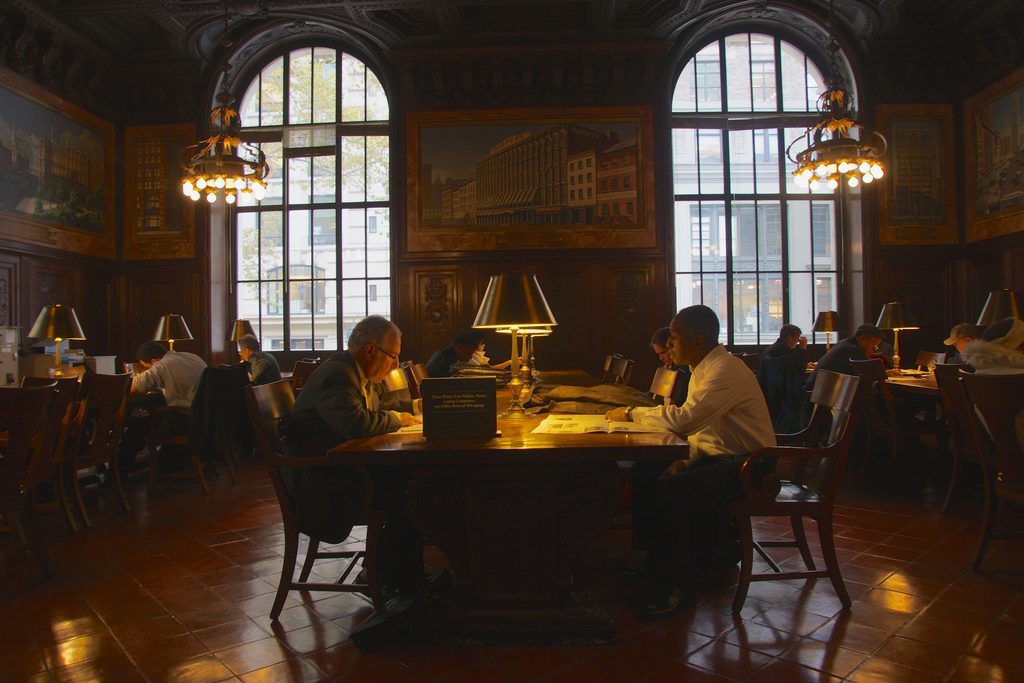
In his own essay on Kant’s “What is Enlightenment?,” Foucault ascribes to Baudelaire a modern attitude that captures well the spirit of Kant’s public essay on enlightenment.
For Baudelaire, according to Foucault, modernity is “an exercise in which extreme attention to what is real is confronted with the practice of the liberty that simultaneously respects this reality and violates it.”
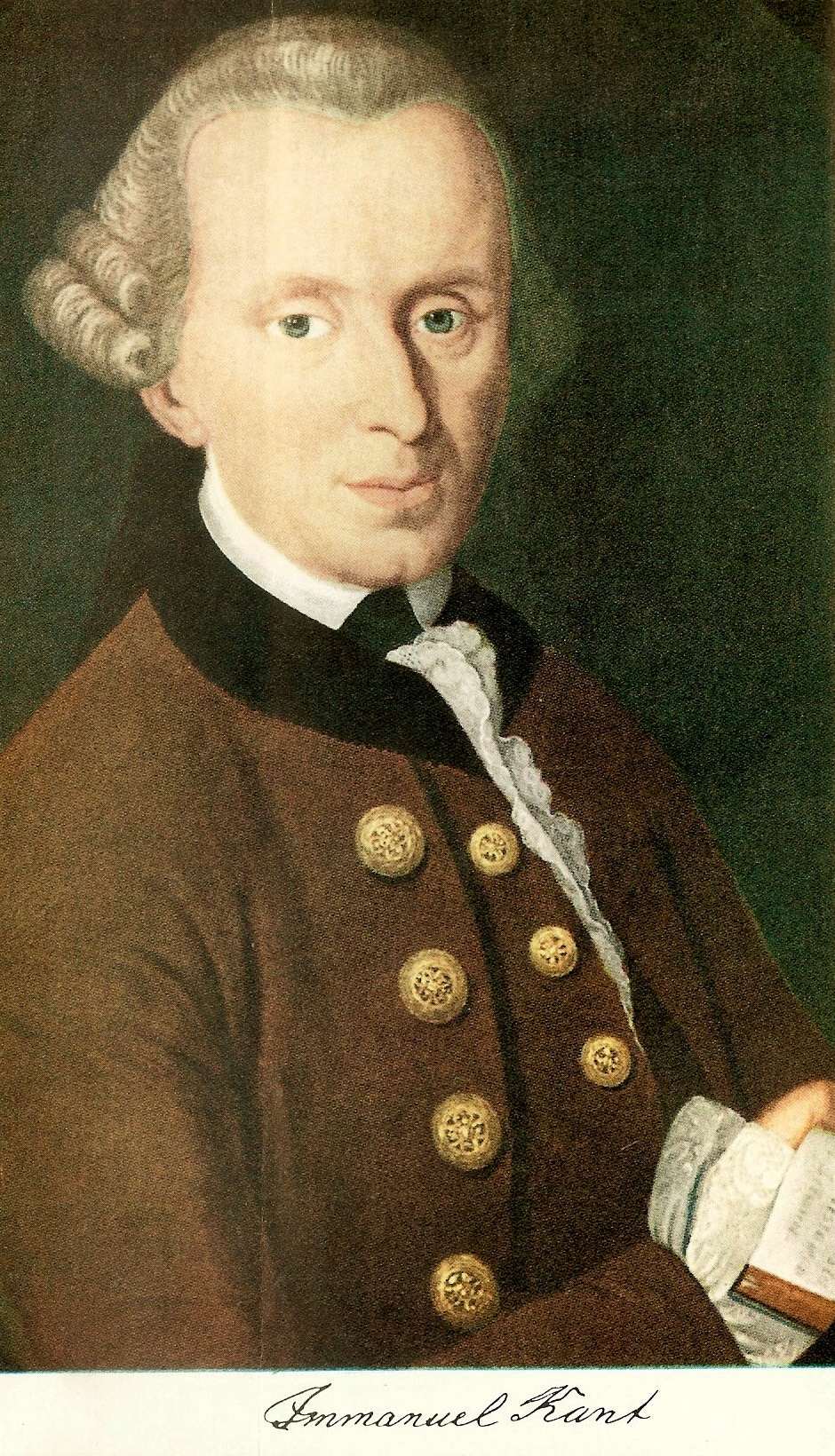
In his famous 1784 essay, What is Enlightenment?, Kant identifies the activity of enlightenment with a certain way of being public. This post considers that essay as a performance of public philosophy, arguing that in advocating in public for the public use of reason, Kant is engaged in an important public philosophical practice: the attempt to use words to cultivate the habits of mature thinking and acting in and with the public.

Aristotle’s thinking is peripatetic. It moves along paths, some of which are well-worn, others newly cleared by the creative elasticity of his thinking. It pursues questions by traversing along a course for a stretch, on the scent of truth itself, but when it finds its way impeded, it is unafraid to turn around, return to the start, or even to cut a new path of its own to navigate a hindrance, to find a way to around an aporia.
To read Aristotle well is to cultivate something of that peripatetic elasticity of mind; it is to learn to walk with him, without rushing; it is to tarry with his thinking and to patiently follow where it leads

They will tell you it is too dangerous, that you’ll say something stupid and never be hired.
They’ll say it is too fast, too superficial, too full of snark to be of any value to anyone who aspires to serious scholarship.
They’ll say it’s a waste of time, that it’s noise that will distract you from your research and dissertation.
But don’t listen to the naysayers who steer you away from Twitter and other modes of social media communication.
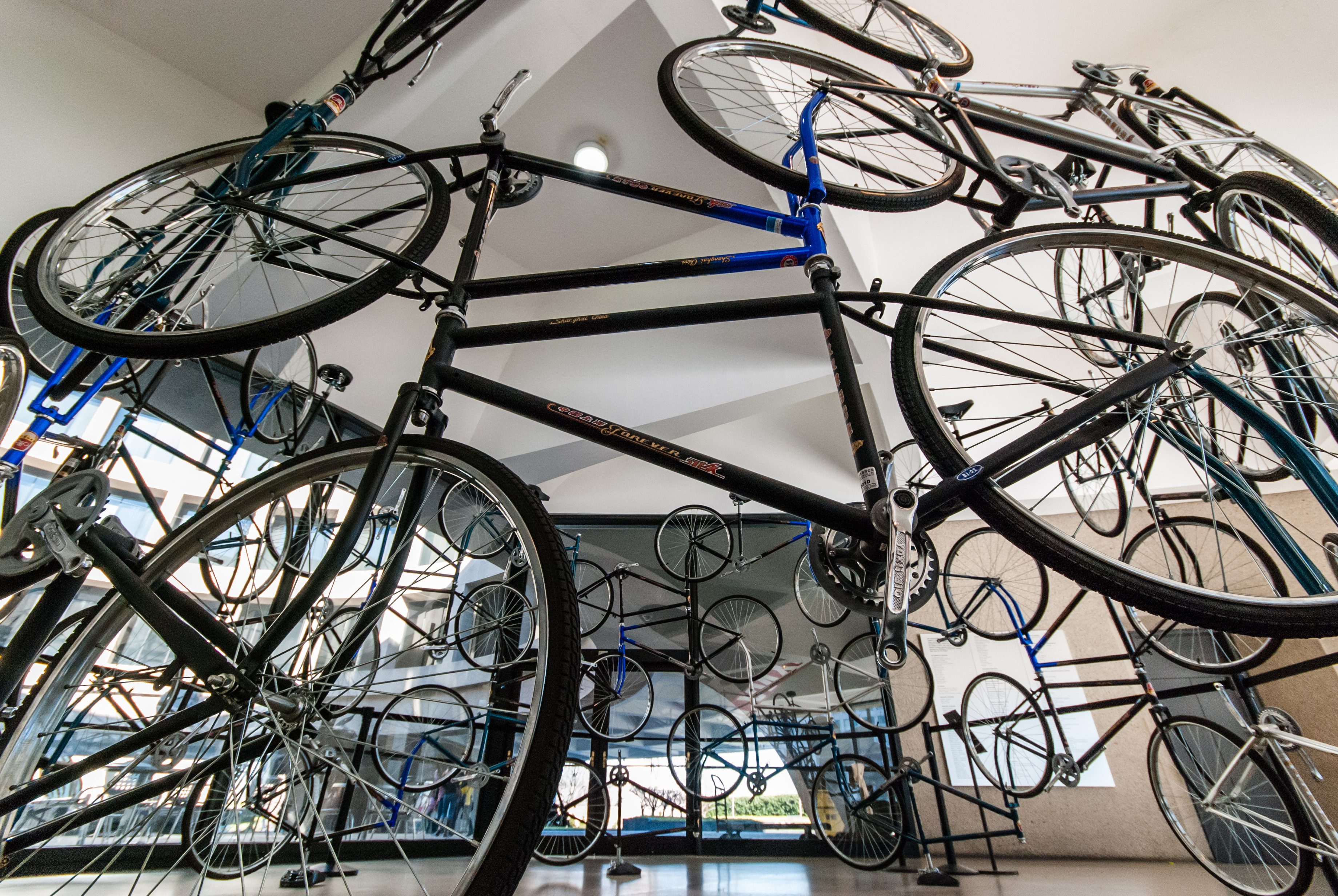
NANJING, China – I must admit, I am a bit uneasy about delivering this talk on Plato and the Politics of Reading here at Nanjing University.
You see, I am simply not sure what it means to speak in China about the erotic nature of politics. But this uneasiness is not unfamiliar to the discipline of Philosophy; in fact, one might tell a long story about how the history of Western philosophy, at least, is the history of trying to do away with uncertainty, of repressing it by appealing to some ultimate Archimedean point on which we can ultimately depend.
But Philosophy goes astray the moment it denies its own uneasiness and seeks refuge in the delusions of certainty.
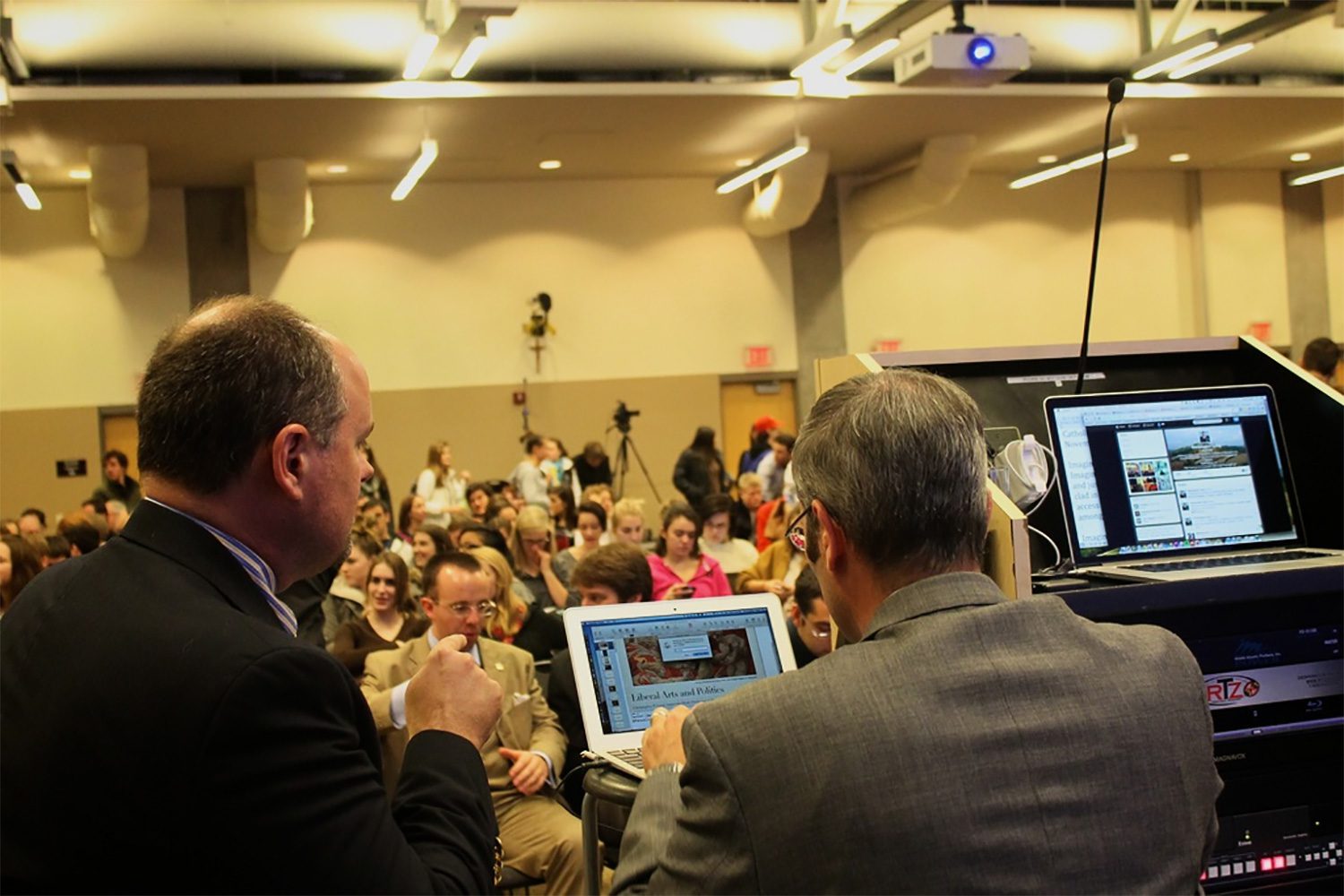
Words do things. What they do, depends on the manner in which they are said, written and received. What they did, and failed to do, last night is something that requires some reflection. That is…
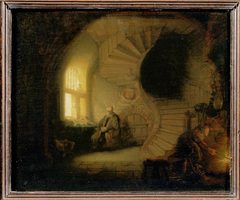
SAN FRANCISCO, CA – To give a lecture on the politics of collaborative reading without inviting one’s listeners to become active participants would be a performative contradiction. So, in this lecture, Plato and the Politics…

Consider this an invitation to continue along a path we have traversed together over the past three years. This path, which began in the wake of my 2009 Summer Faculty Teaching and Learning with Technology Fellowship,…
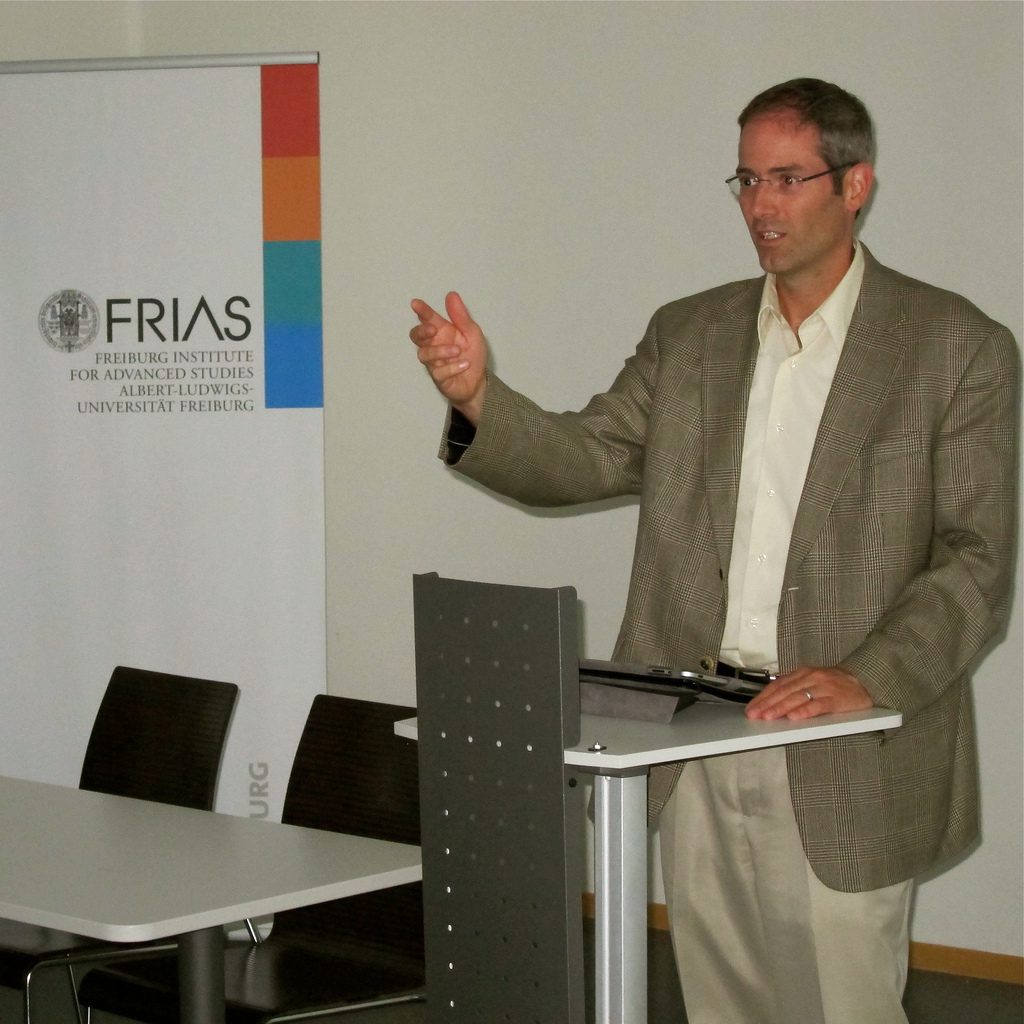
FREIBURG, GERMANY – Today at the Freiburg Institute of Advanced Studies, I presented a paper entitled The Politics of Finitude in Plato’s Phaedo at the 2011 Freiburger Hermeneutisches Kolloquium, whose theme was Hermeneutik (in) der…
Socrates, Alcibiades and Agathon Originally uploaded by cplong11 WACO, Texas — During my visit to Baylor this week, I guest taught Anne Schultz’s class on Plato’s Symposium and joined the Academy for Teaching and Learning to speak…
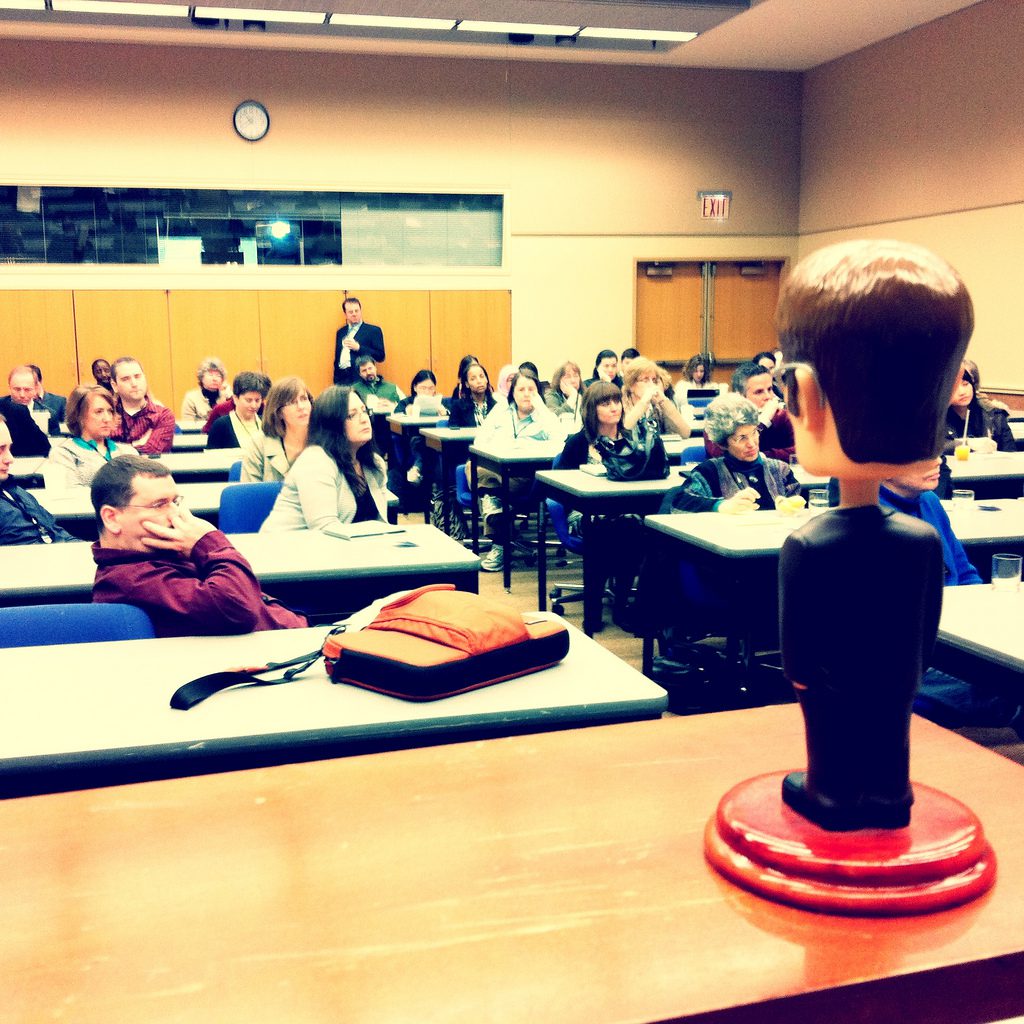
The annual Teaching and Learning with Technology Symposium held yesterday at the Penn Stater had an intensity to it that I had not experienced in years past. The energy and excitement we felt so palpably…
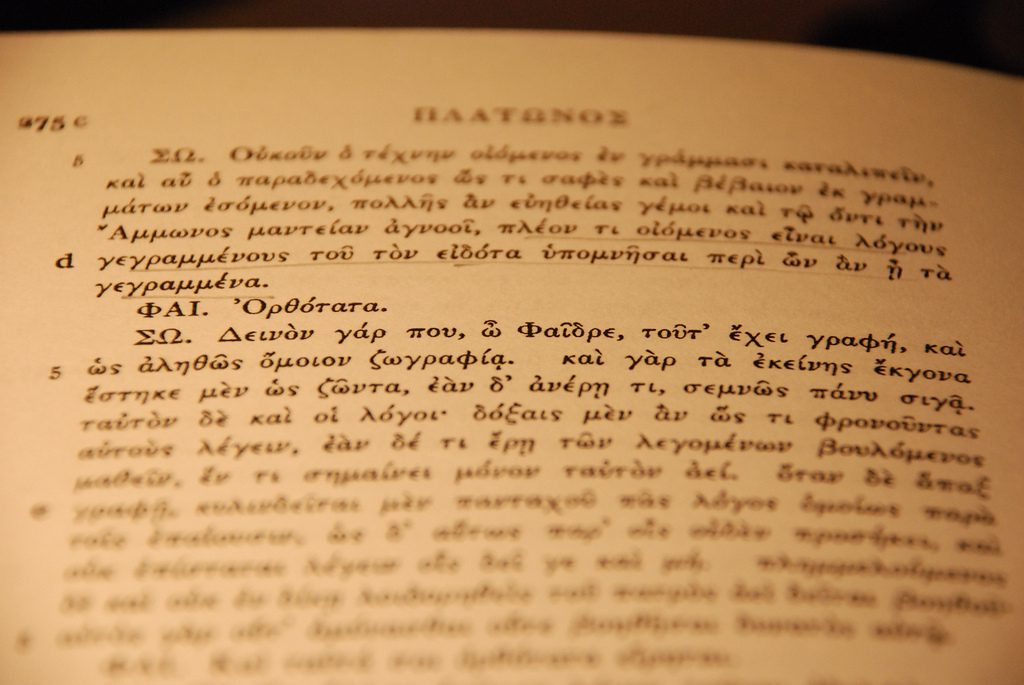
Next week I am giving a lecture on Plato’s Gorgias at Boston College for the Boston Area Colloquium for Ancient Philosophy. The title of the lecture is Attempting the Political Art. Prior to the lecture,…
Digital media technology, when deployed in ways that cultivate shared learning communities in which students and teachers are empowered to participate as partners in conjoint educational practices, can transform the way we teach and learn…
Last Fall I gave a presentation to faculty in the Rock Ethics Institute entitled The Ethics of Blogging Ethics in which I outline some of the main pedagogical benefits of adopting an open blog as a site for cooperative learning.
Twenty years ago today, I can remember the buzz that spread among my American student colleagues at the Institute for European Studies in Vienna when we learned that the Berlin Wall had fallen. Just two…
In a short but powerful speech from the Lincoln Memorial, Barack Obama stood where King had stood and offered a powerful rejoinder to some of those most powerful words King spoke 46 years ago. Where…
Tonight I went with my neighbor and friend, Paul, and his daughter, Caitlin, and with my daughters, Hannah and Chloe, to the opening of the Obama campaign office here in State College. There were many…
My Dad wrote me an email today suggesting I take a look at David Brook’s column, When the Magic Fades, in the New York Times. He wanted to know what I thought, so here it is: In…
I have recently been struck by, and stuck between, two critiques of Obama’s foreign policy approach. The first, articulated here in Kristin Rawl’s thoughtful response to my last post on Style with Substance, argues that…
To the degree that I have embraced the power of Obama’s words as a way to move the country toward a new way of thinking about politics, I risk giving the impression that I too…
Last year on the anniversary of hurricane Katrina I wrote about Martin Luther King and the content of our Nation’s character. In that post, I embedded a YouTube video of about Barack Obama because I…

“The Daughters of Metis: Patriarchal Dominion and the Politics of the Between.” The Graduate Faculty Philosophy Journal, 28, 2 (2007). By attending closely to three ancient stories concerned with the origin and effect of patriarchal…
In the Federalist Papers #65, Alexander Hamilton articulates the “true spirit” of the institution of impeachment written into the constitution. Article II, section 4 of the United States Constitution, puts the question of impeachment in…